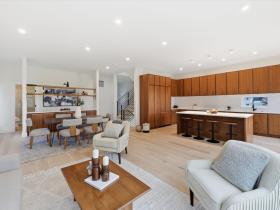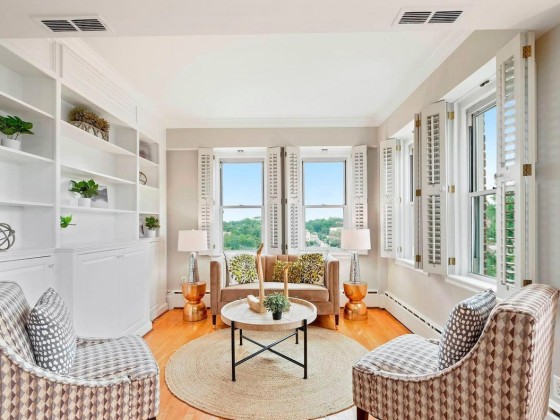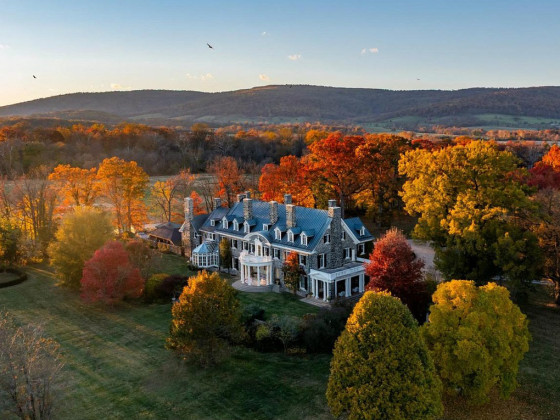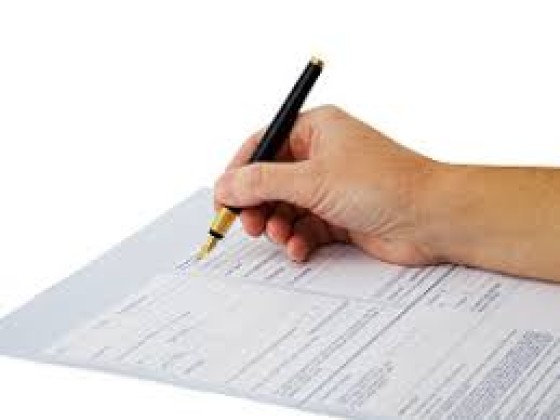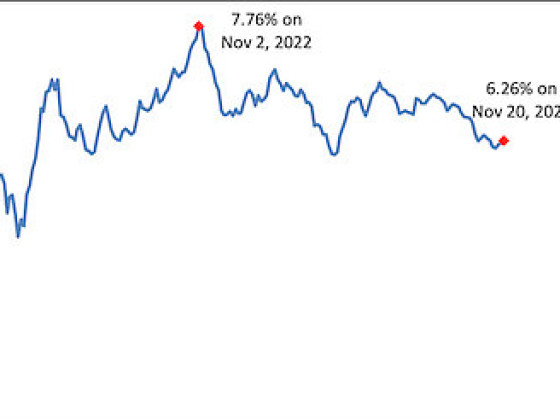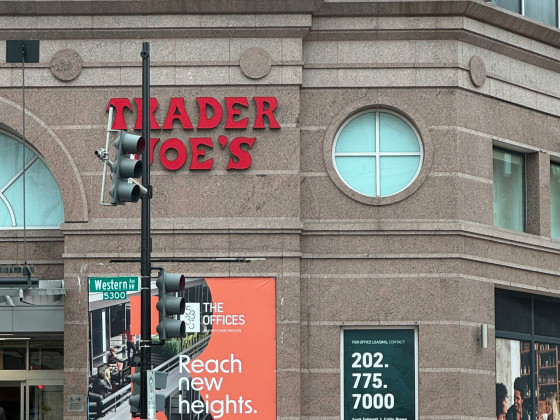 DC Rental Units, Part II: The Steps to Being a Landlord
DC Rental Units, Part II: The Steps to Being a Landlord
✉️ Want to forward this article? Click here.
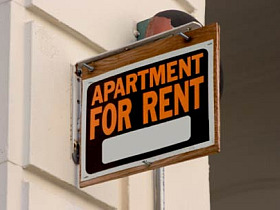
A few weeks ago, we wrote an article about the steps that DC homeowners need to take before they rent out a section of their home. One of the key takeaways from that piece was that if you are thinking of reaping some income off that English basement (and want to be in accordance with the law) you must obtain both a Certificate of Occupancy (C/O) and a Basic Business License (BBL). Below we outline the steps that you need to take in order to do this.
Both the C/O and the BBL can be applied for at the Department of Consumer and Regulatory Affairs Business License Center (DCRA) located at 941 North Capitol Street, NE, Suite 1000 (map). Here are the steps that should be followed to apply for a Basic Business License:
- Submit a BBL EZ Form, which can be downloaded from the DCRA website.
- Submit a “Clean Hands Certification” which states that you don’t owe more than $100 to the DC government as a result of fees, penalties, interest or taxes.
- Register your business with the Office of Tax & Revenue by filing an FR-500 form.
- DCRA will conduct an inspection of the property.
- Pay the required BBL and Rental Unit fees (currently $35 for the license, $70 for the application, $25 for the endorsement fee and $43 per rental unit).
Once the steps above have been completed, the rental unit must also be registered with the Department of Housing and Community Development’s Rental Accommodations Division (RAD) at 1800 Martin Luther King Jr. Avenue SE (map). To do this, you need to file a RAD registration/claim of exemption form, which must be accompanied by the BBL application and proof that you own the residence where the units are being rented. Once this application is complete, RAD transmits the filed form to DCRA and then the BBL can be mailed to the landlord or picked up at the office when it is ready.
The BBL lasts for two years and cannot be renewed or applied for online. If a landlord has more than one home in the city, a BBL and C/O are needed for each rental location.
This may seem like an onerous process, but the paperwork and regulations are designed to protect tenants from unscrupulous landlords and unsafe housing. The website ThisShouldBeIllegal designed for college students in DC, offers a place for tenants to check up to see if their landlord has a license to rent the home.
See other articles related to: being a landlord, investment properties, real estate investing
This article originally published at https://dc.urbanturf.com/articles/blog/dc_rental_units_part_ii_the_steps_to_being_a_landlord/1558.
Most Popular... This Week • Last 30 Days • Ever

UrbanTurf takes a look at the options DC homeowners and residents have to take advant... read »
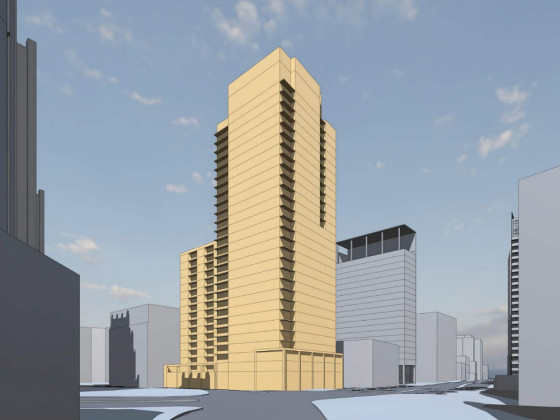
A major new residential development is on the boards for a series of properties near ... read »
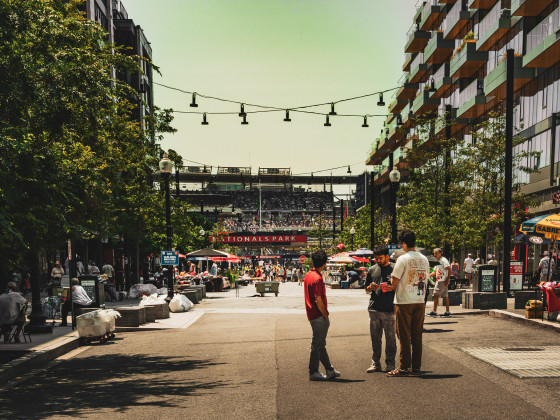
A new report from DC’s Office of Revenue Analysis highlights how millennials and wo... read »
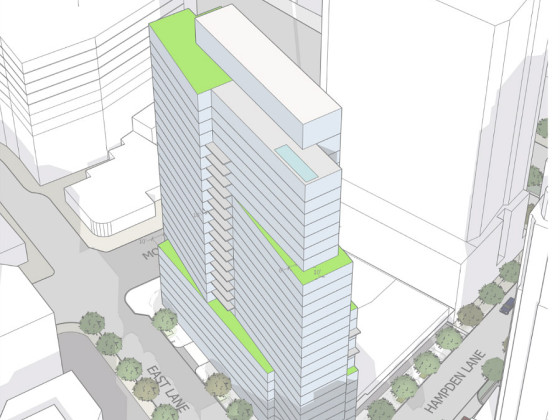
The building is the second proposal for a pair of aging office buildings in downtown ... read »
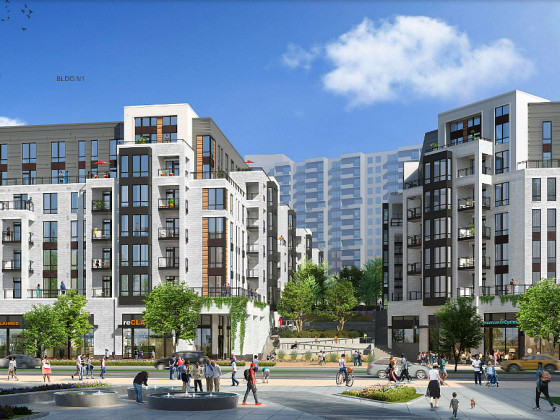
The central action before the Board is a rezoning request for the nearly 36-acre site... read »
- A Solar Panel Primer for DC Residents
- 29-Story, 420-Unit Development Pitched For Middle Of Downtown Bethesda
- How DC's Population Changed During And After The Pandemic
- Fitting In: A Narrow 260-Unit Apartment Building Pitched For Bethesda
- Arlington County To Weigh Major Actions Advancing RiverHouse Redevelopment
DC Real Estate Guides
Short guides to navigating the DC-area real estate market
We've collected all our helpful guides for buying, selling and renting in and around Washington, DC in one place. Start browsing below!
First-Timer Primers
Intro guides for first-time home buyers
Unique Spaces
Awesome and unusual real estate from across the DC Metro





